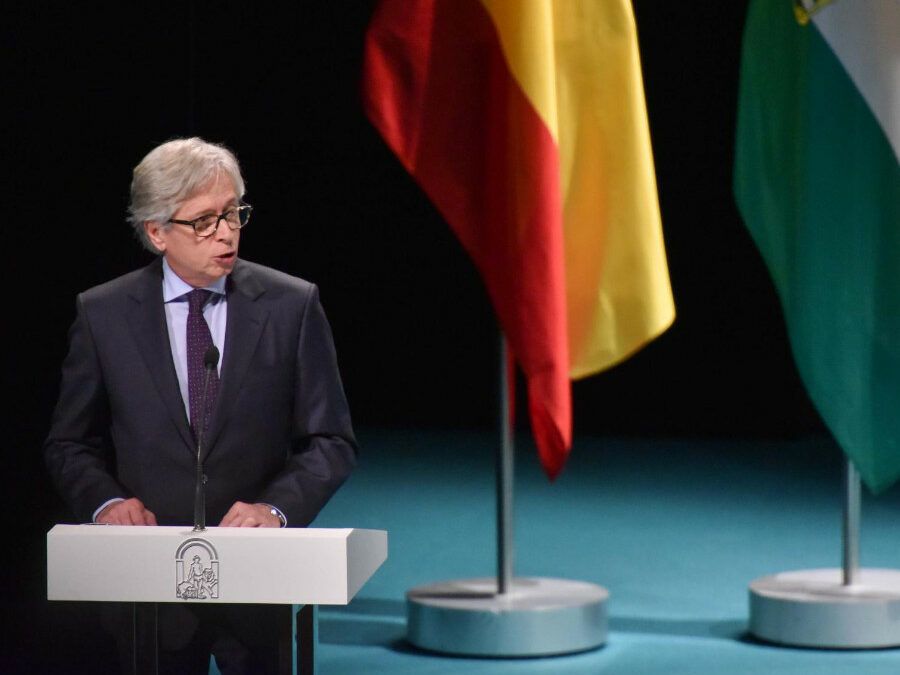
Medicine, science, woman and leadership
Read more
Our society is experiencing a radical change, a disruptive social, economic and health extinction that needs new leadership and new ways of exercising it.
Ethical and moral leadership that strives above all to combat fear and anxiety, not to give up rational thinking, to remain optimistic, to build a culture of tenacity, creativity, and initiative, and to treat your colleagues with respect, affection and empathy. These are the words of Ernest Shackleton, the well-known explorer of Antarctica, that apply today more than ever. A leadership that, in my opinion, today needs the innovative look and spirit of the South: an open, close, transversal and inclusive leadership. The form of leadership that women embody and their way of understanding the world.
Science, research and innovation seem distant concepts when we talk about health. The Pandemic has blatantly revealed that when we talk about health, research, innovation and science are extremely important. He has also told us about the role of women and their form of leadership. Women are expert service providers, doctors, nurses, scientists, caregivers, community leaders and more. Above all, they are the greatest experts on their own lives and must participate equally in all efforts to prepare for and respond to crises like the one we have experienced and its solutions. Not only because they represent 70% of workers in the medical sector according to the World Health Organization (WHO), women are also primarily responsible for caring for children and the elderly. It has been put black on white by a group of public health experts in an article published in the prestigious scientific journal The Lancet, entitled Covid-19: the impact of the epidemic according to gender. According to the authors, …“Recognizing the extent to which disease outbreaks affect women and men differently is a critical step in understanding the primary and secondary effects of a health crisis on diverse individuals and communities, and in creating effective and equitable policies and interventions.”…This implies guaranteeing the participation of women in an active way. An example is the gender imbalance in global health leadership, where men hold 72% of the most relevant positions. The time to come is the time to undertake changes with a gender perspective. That requires women to rise to leadership roles.In February 2019, The Lancet published an entire issue dedicated to the challenge that equity in science, medicine and global health represents for our societies. Its editorial points out the importance of people who work in the fields of science, medicine and global health being representative of the societies they serve. The editorial concludes by stating that the fight for gender equity is everyone’s responsibility: men and women, researchers, clinicians, funders, and institutional leaders. 50 years of global discourse on gender and its interrelationship with development unequivocally argues that gender equality is one of the most important determinants of health and economic development for all.

Promoting Medicine in Spanish, an opportunity
The volume of scientific publications in English is greater than those in Spanish. Spanish should do better in this area of medicine.

Time for a genomic me-too. Sex and gender in health
Being a man or a woman makes a difference from a health perspective. Recent research associates sex and gender with health.